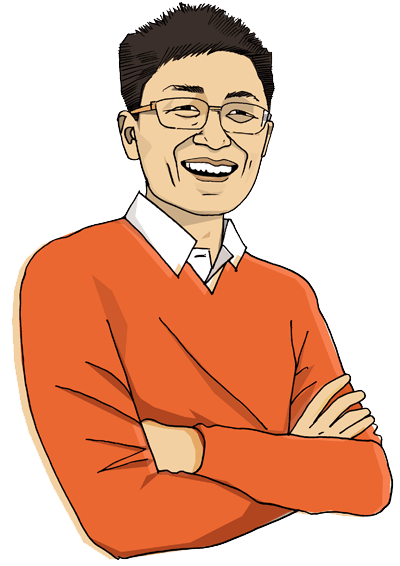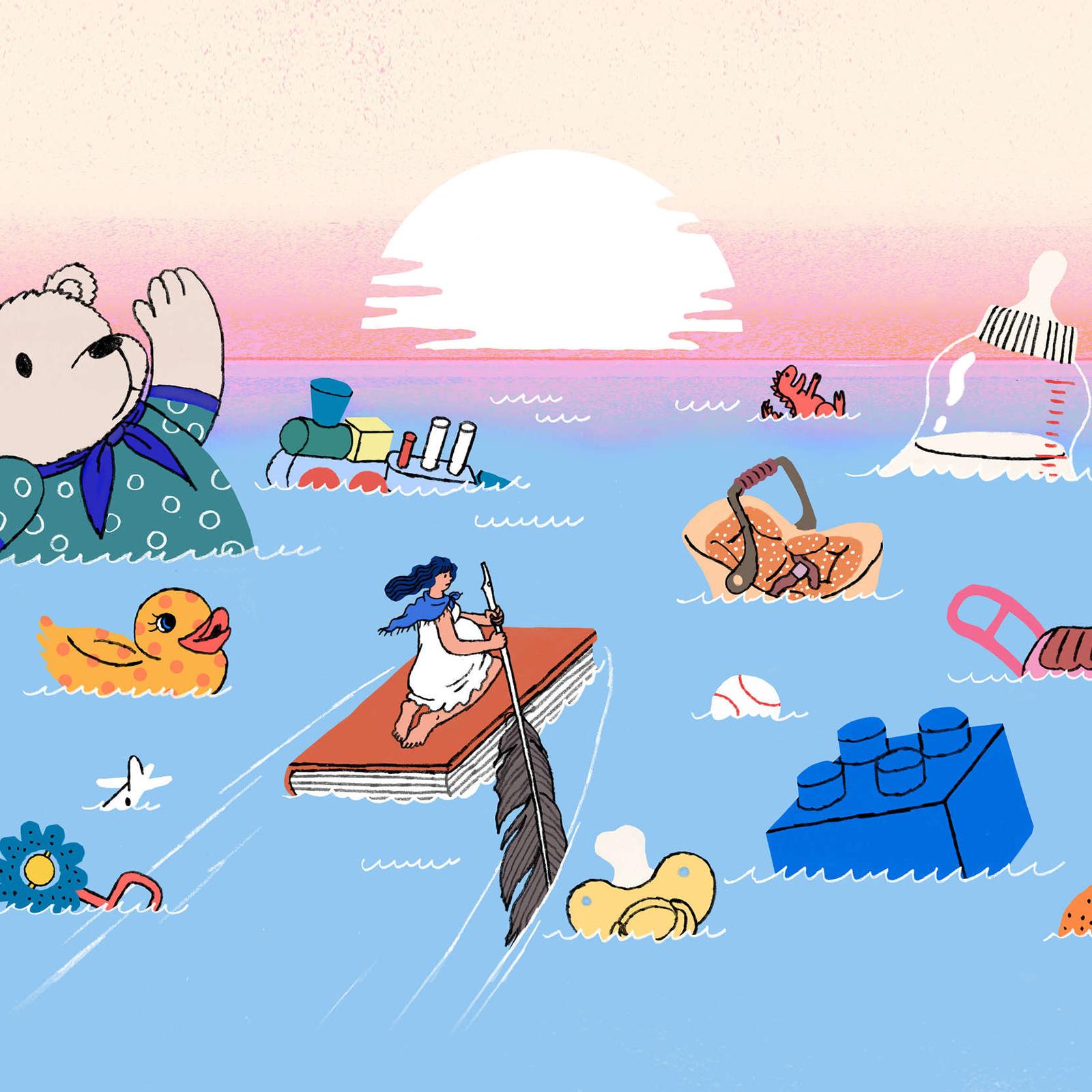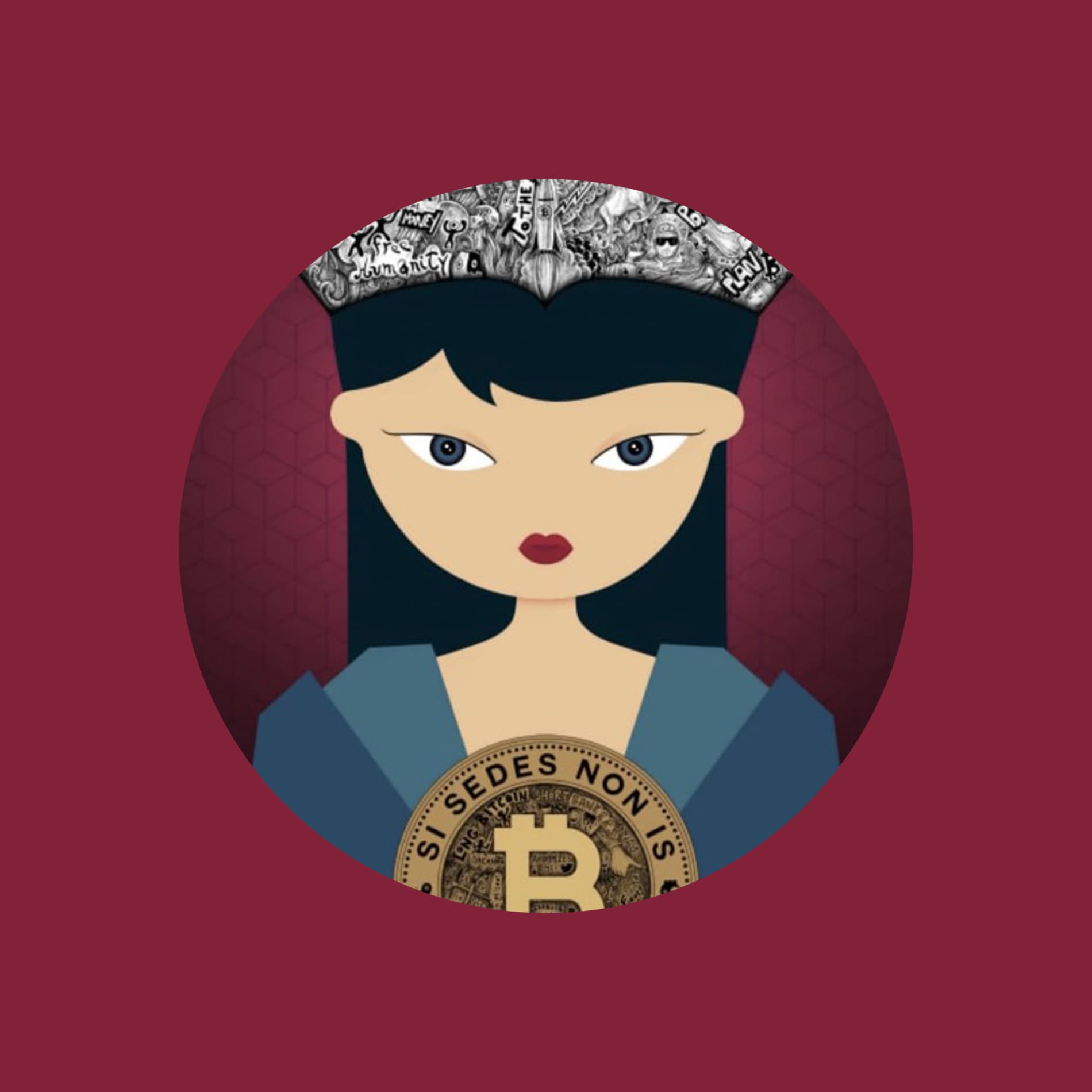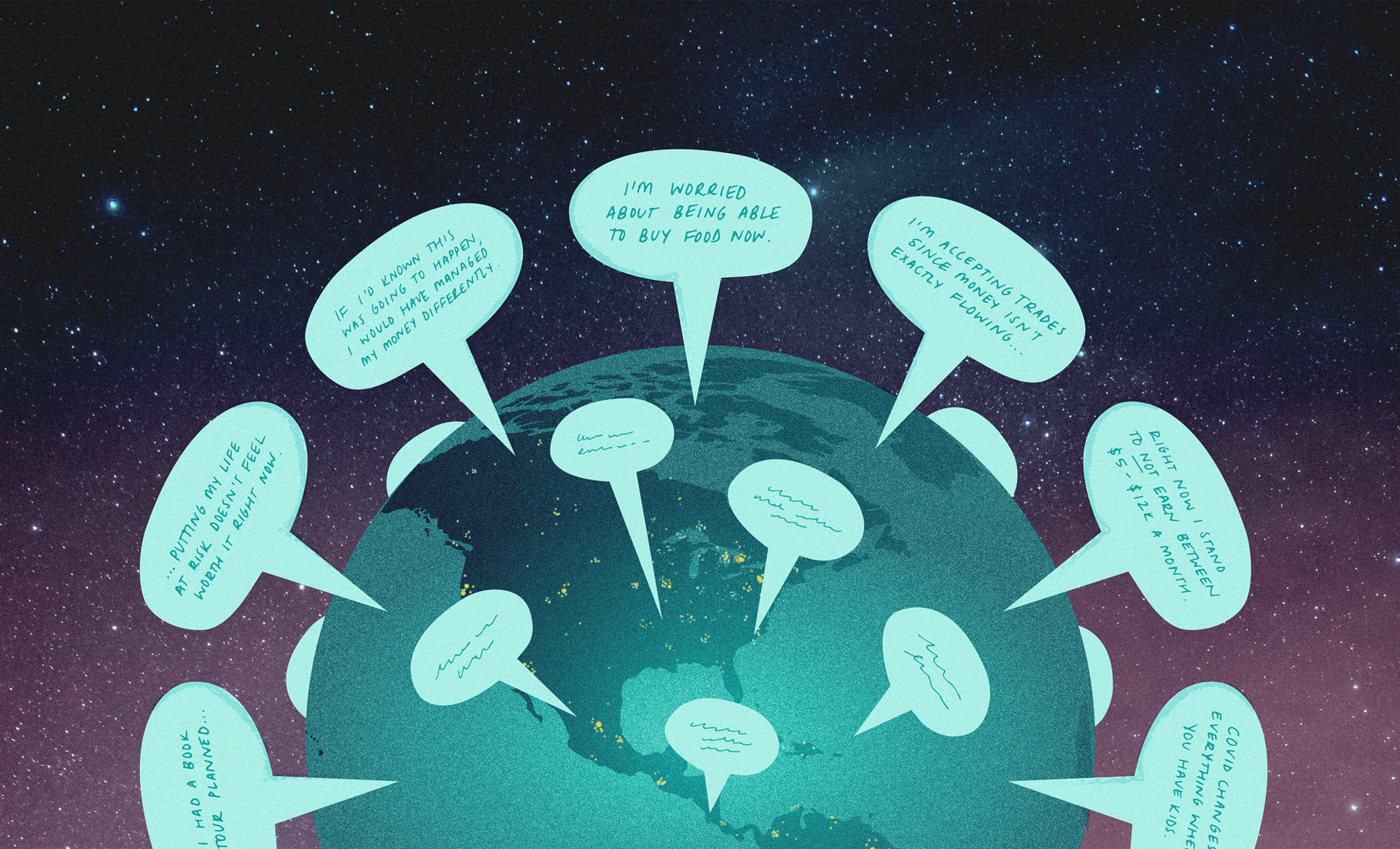
Money Diaries
The Cofounder of Wattpad on Being a Conservative Yet Reckless Business Owner
A year after Allen Lau started his company, he and his cofounder didn’t have enough to both buy Starbucks. They never looked back.
Wealthsimple makes powerful financial tools to help you grow and manage your money. Learn more
Wealthsimple is a whole new kind of investing service. This is the latest installment of our recurring series “Money Diaries,” where we ask interesting people to open up about the role money has played in their lives. Allen Lau is the CEO and cofounder of Wattpad, a global community of readers and writers.
I was born and raised in Hong Kong. I didn’t come from affluent family. I believe during WWII my grandfather lost a fair bit of the family wealth, so we went from the upper portion of the middle class to the lower one. My parents both worked for a bank. There are two types of bankers: the bankers who make a ton of money and the bankers who work for the rich bankers. My mother was a bank teller who made barely above minimum wage, and my father worked for the bank’s human resource department.
Once you realize how much time it takes to earn enough to buy the essentials, you start to appreciate not wasting your money.

Sign up for our weekly non-boring newsletter about money, markets, and more.
By providing your email, you are consenting to receive communications from Wealthsimple Media Inc. Visit our Privacy Policy for more info, or contact us at privacy@wealthsimple.com or 80 Spadina Ave., Toronto, ON.
So from a young age, I was exposed to the concept of bank accounts and savings, and the importance of spending wisely. I think I was in grade three when I started to get pocket money from my parents, a couple of bucks per week to spend freely. But I enjoyed saving it more than spending it—seeing the bank account or the piggy bank growing was quite fulfilling. Though I did like buying comic books, particularly Doraemon, a Japanese one about a robotic cat. I loved computers, too. Comics and computers.
When I was 19, my parents moved to Toronto, where my mother’s entire family had moved in the ’70s and ’80s. For a year, we stayed at my grandparents’ place. It was five minutes’ walk from the University of Toronto, where I studied. The summer after my first year at university, I wanted to make some money because I didn’t want to rely on my parents. The only job I could find was printing T-shirts in a factory for minimum wage—five or six dollars an hour in the late ’80s. I had to work so hard for an hour just to buy a burger.Once you realize how much time you have to spend to earn enough to buy something essential, you start to appreciate not wasting your money.
Nowadays, working for a start-up or starting your own company is fairly normal. People don’t think it’s too much of a risk. But it was different then. My upbringing said it’s very simple: You go through college; you have a good education; you find a good job in a big, stable company; and then you retire. That’s how I got to IBM. Day one I knew that it wasn’t a good fit for me.Being in a big corporation is exactly the opposite of being an entrepreneur. Things were very slow, very structured—anything would take six months to happen.I just couldn’t stand it.
My wife, Eva, is an engineer, too. Soon after we met, we realized we came from Hong Kong to Canada the same week. We may even have been on the same plane—we will never know. Anyway, we graduated from college at the same time, and she joined Delrina, a start-up, which was right across the street from IBM. I saw how different the environment was, how much she enjoyed working at a small, fast-paced, innovative company. After nine months at IBM, I quit and joined her company. My parents freaked out. They said all the things that you can imagine they’d say to me: “What are you doing?You have a well-paid job at a stable, large company. No one has ever heard of this company before.” Eva joined Delrina when there were 30 people. A year later, in 1993, when I joined, there were more than 100. Two years later, the company had 700 employees and was sold to Symantec for $400 million.
It would be disingenuous to say that it wasn’t appealing to see the company sell for that amount of money. The money was appealing. But seeing how the Delrina founders were able to build a company from two cofounders to 700 people was a big draw. In 2002, I had the idea to start a new company. Reading was my hobby, and I used my professional knowledge to make something that would be similar to YouTube, but for written words. That’s how Wattpad started. When I made the prototype, I knew that it was too early because cell phones’ screen size was so small. By 2006, the most popular phone was the Motorola Razr, and you could read 10 lines of text at a time on it. So I thought, Wow, perhaps now is the time the market is ready for mobile reading. My older daughter was three years old then, and my younger one was seven months old. I was the sole breadwinner, working at Tira Wireless, which I cofounded. If I’d quit my job, I would have had absolutely zero income. I still remember the look my wife gave me when I told her I was going to quit and start a new company focused on mobile reading. I’m grateful that she’s still married to me today.
Almost a year later, we passed 1,000 active users, but we had no venture capital. The only way we could make money was to add some Google advertisements to the website. I remember we got a $2 check at the end of the month. I was sitting at a café with Ivan Yuen, my cofounder, and I said if we wanted our revenue to buy a coffee, we’d have to share this cup. It was super stressful. Our bank account was dwindling, and at one point, after putting the kids to bed, I remember telling Eva we might have to sell our house. That wasn’t an easy conversation. Of course she already knew. To keep it going, my cofounder and I started another company on the side and took some part-time consulting. Today, Wattpad has 110 employees.
I don’t spend much time thinking about acquisition or IPO, to be frank. I force myself to focus on building an amazing independent company. The founders of companies that have amazing outcomes don’t focus on making a ton of money. They focus on building amazing things. It’s funny, as I’ve gotten older, I’ve realized I don’t have to own that much. My desire to buy things is actually decreasing. Buying things, indulging myself, is too much of a distraction.
As told to Andrew Goldman exclusively for Wealthsimple. We make smart investing simple and affordable.
Wealthsimple's education team is made up of writers and financial experts dedicated to making the world of finance easy to understand and not-at-all boring to read.









